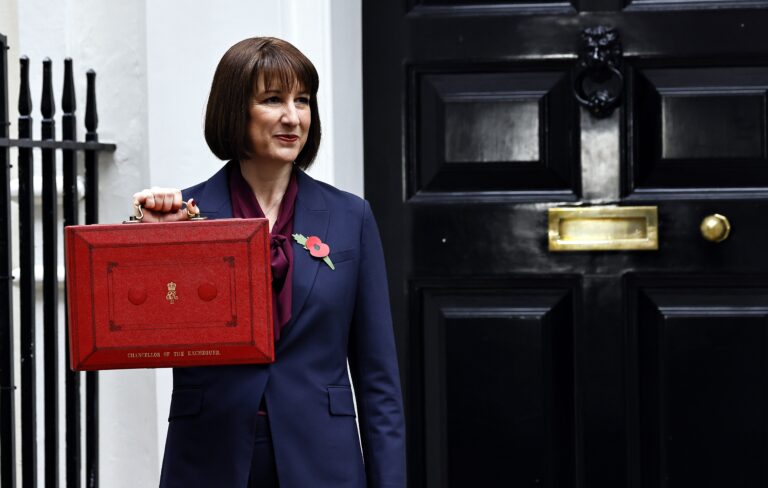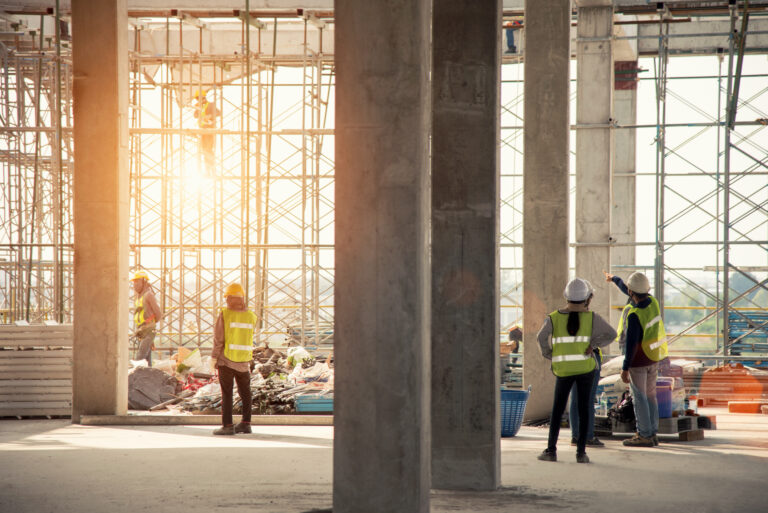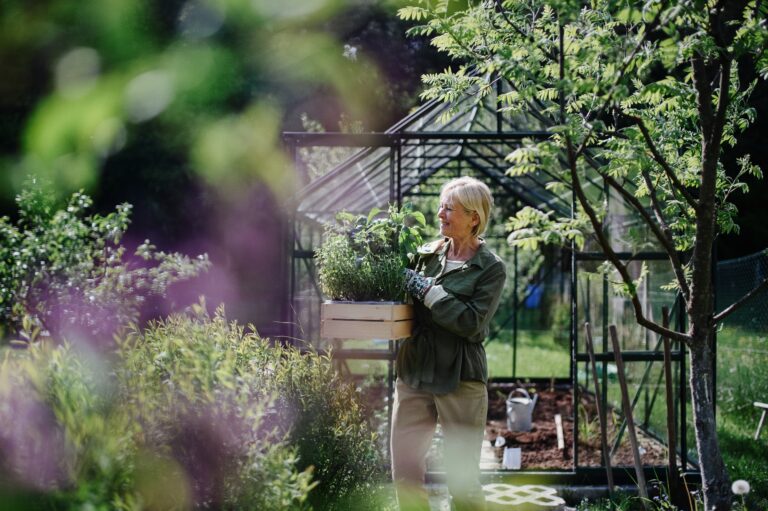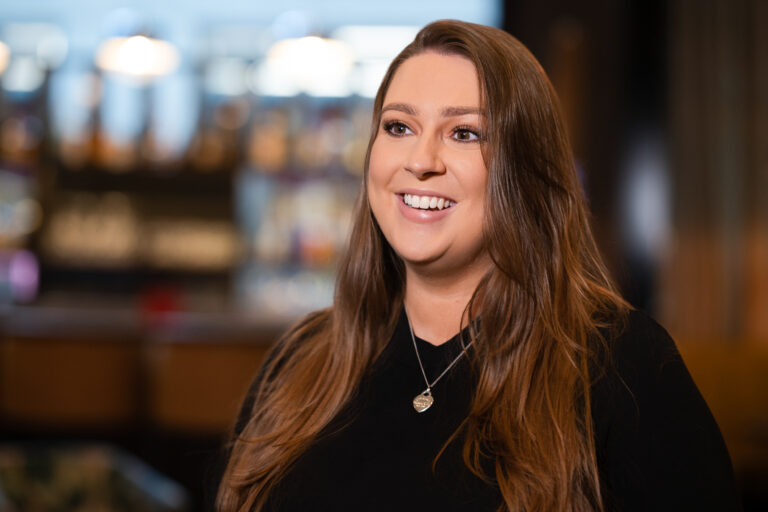NEWS
Insights
Search
Search
Most popular articles
We aim to build a better every day, always thinking beyond and how we can have a positive impact.
We help you make strategic decisions, achieve your long-term objectives, reduce costs and grow your bottom line, whilst also keeping you fully compliant with the latest tax obligations.
Back to Who we Help
Focus on what matters most by letting us take care of all your financial and company reporting needs.
Back to Compliance
We have an ethos to think beyond compliance, focusing on addressing the key issues, risks and opportunities at each and every stage of your journey.
Back to Beyond Compliance
Back to Beyond Compliance
Back to Beyond Compliance
Back to Beyond Compliance
Sharing topical news stories and inspirational blogs to help you on your business journey.

08 Jul 2025
VAT

by Richard Staunton

03 Jul 2025
Accounting and Bookkeeping, Business Advisory

by Ben Hildebrand
July
03
2025
Upcoming event
5-8PM
Savage Garden Rooftop Bar
Back
Back
Back
Back
Back
Back
Sharing topical news stories and inspirational blogs to help you on your business journey.
73 Cornhill
London, EC3V 3QQ
NEWS
Search
Search
Most popular articles

Accountants for startups and small businesses: Do I need one?

By Ben Hildebrand
03 Jul 2025

Annual Tax on Enveloped Dwellings (ATED): What do you need to consider

By Sonal Shah
30 Jun 2025

Driving digital transformation with the Made Smarter grant scheme

By Jordan Ramsden
20 Jun 2025

UK non-dom Inheritance Tax update: Possible reversal under review

By Sonal Shah
18 Jun 2025

From Australia to the UK: Our top tips for your relocation

By Sonal Shah
16 Jun 2025

A landmark CIS case: Successfully challenging a £450,000 HMRC enquiry
By Richard Clutterbuck
12 Jun 2025




